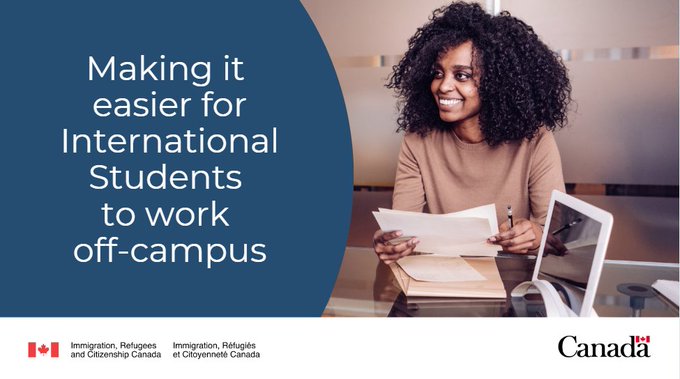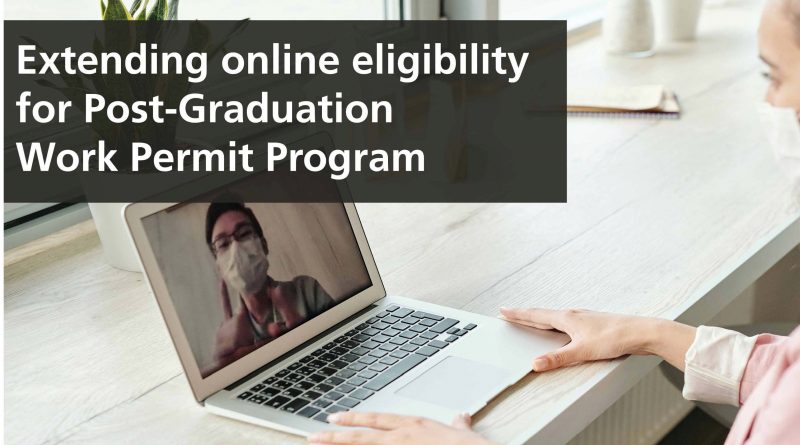Public Policy: PR Visas For Foreign National Physicians
Many foreign national physicians seeking to immigrate to Canada as permanent residents have the qualifications to apply to Canada’s federal economic immigration programs through Immigration, Refugees and Citizenship Canada’s Express Entry system. Yet, these physicians may have arranged employment and/or work experience in Canada that does not meet the programs’ requirements due to the structure of their work. This makes it more difficult for them to qualify for permanent residence through the federal economic programs and leverage the faster processing time of the Express Entry application intake management system.
Read More








